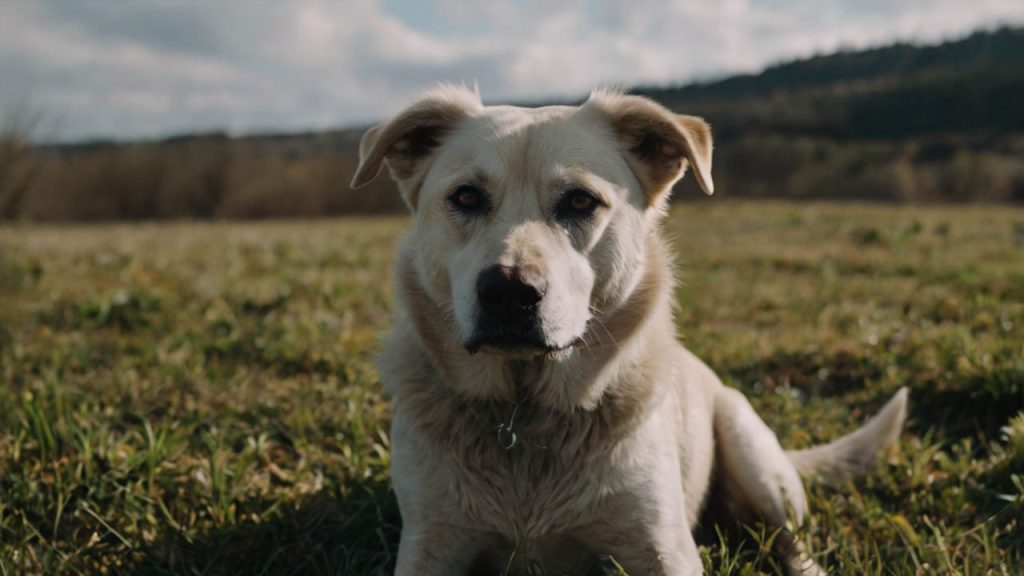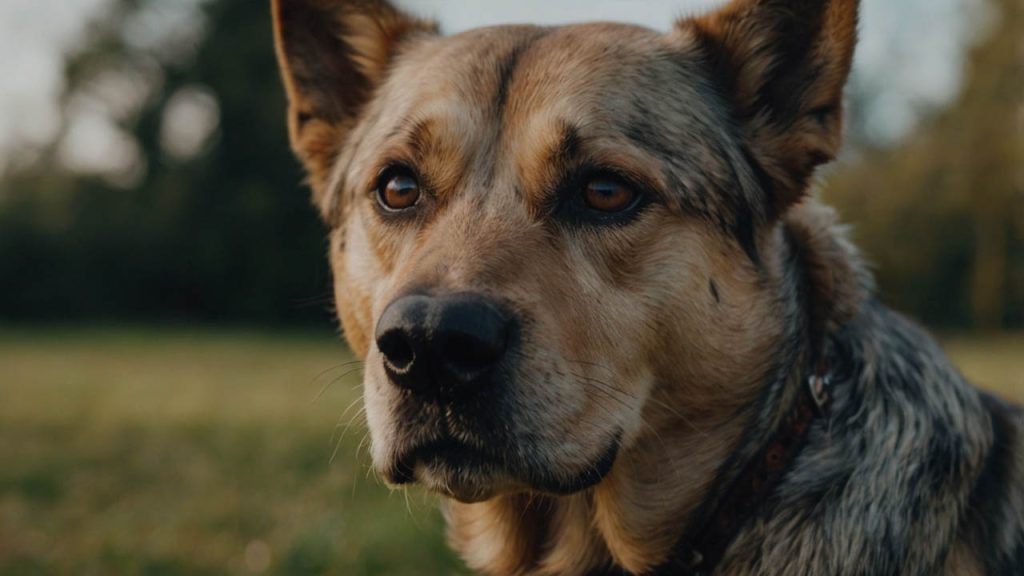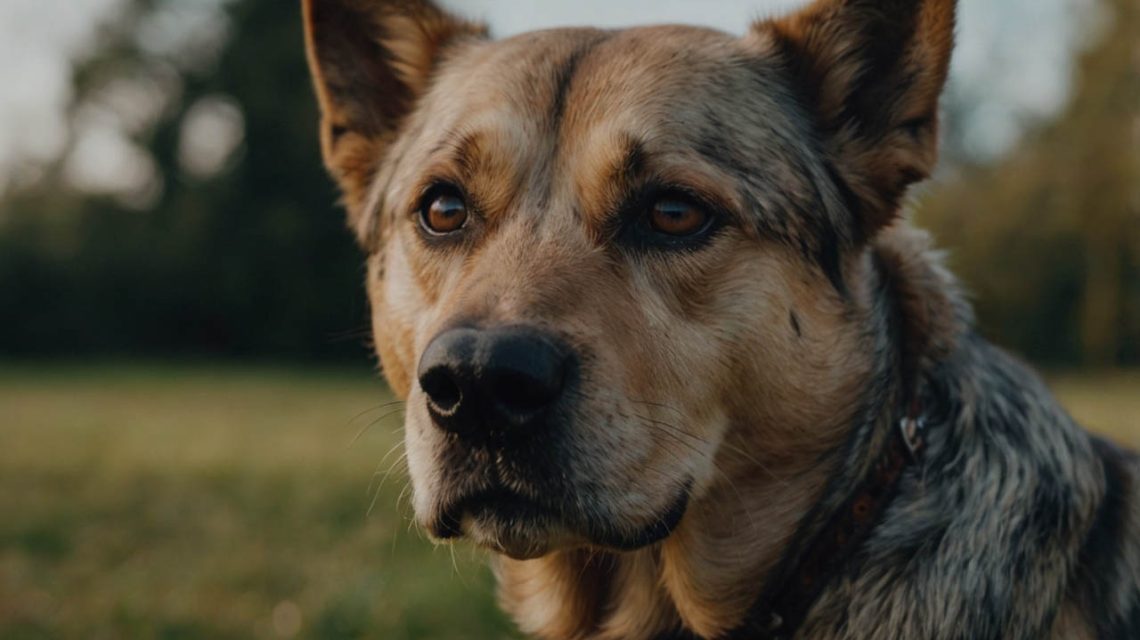Older Dog Not Eating But Acting Normal: A Complete Guide for Concerned Owners
Your senior dog has been your steadfast companion for years. You know their every quirk and routine. That’s why it’s so unsettling when you notice the food bowl remains full, yet they’re still greeting you with a happy tail wag and trotting around the house as usual. This confusing scenario, an older dog not eating but acting normal, can be a source of significant worry. On one hand, their cheerful demeanor is reassuring. On the other, a lack of appetite in a senior pet feels like a silent alarm bell.
This comprehensive guide will provide a complete storyline to help you navigate this perplexing issue. We will delve into the common, age-related reasons for this behavior, explore the more serious underlying medical conditions that could be hiding in plain sight, and provide you with a clear, step-by-step action plan. Consequently, you will be able to distinguish between a minor issue and a sign that requires immediate veterinary attention.
Why an ‘Older Dog Not Eating But Acting Normal’ Warrants Special Attention
While any dog skipping a meal can be concerning, the stakes are significantly higher for our senior companions. Their bodies are less resilient, and their ability to bounce back from illness is diminished. Therefore, a change in appetite, even without other obvious symptoms, should be taken more seriously.
An older dog not eating but acting normal can be a very early and subtle sign that something is wrong. Senior dogs are masters at hiding pain and discomfort. Their instinct is to carry on as usual, which means their appetite may be the very first clue you get that they need help.

Common, Less Urgent Reasons for an Older Dog Not Eating But Acting Normal
Before jumping to worst-case scenarios, it’s important to consider the more common and often manageable reasons for a senior dog’s hunger strike.
The Overlooked Issue: Dental Disease and Pain
This is, by far, one of the most frequent culprits. An older dog can still be happy and playful, but the simple act of chewing hard kibble may have become painful.
- The Problem: Years of plaque and tartar buildup can lead to gingivitis, loose teeth, cracked teeth, or even painful abscesses. As the American Veterinary Dental College (AVDC) notes, periodontal disease is the most common clinical condition in adult dogs.
- Subtle Signs: You might notice your dog dropping food, chewing only on one side of their mouth, showing a new preference for soft treats, or having noticeably bad breath. This perfectly explains the situation of an older dog not eating but acting normal.
Diminished Senses and Changing Preferences
As dogs age, their senses of smell and taste can dull significantly.
- The Connection: A dog’s appetite is driven largely by smell. If their food no longer has a strong, appealing aroma to them, they may simply lose interest.
- What You Can Do: Sometimes, the solution is as simple as warming their food slightly to release more of its scent or adding a fragrant, pet-safe topper.
Environmental Stress and Routine Changes
Older dogs are often more set in their ways and can be more sensitive to changes in their environment.
- Potential Stressors: A new pet in the home, a change in your work schedule, or even moving their food bowl can create enough anxiety to temporarily suppress their appetite.

Medical Issues Behind an Older Dog Not Eating But Acting Normal
If the simple explanations don’t fit, it’s time to consider that the lack of appetite is a symptom of an underlying medical condition. Their “normal” behavior might be a brave face hiding a developing problem.
Chronic Pain from Conditions Like Arthritis
Widespread, chronic pain from osteoarthritis can cause a low-grade, persistent nausea that reduces appetite. Your dog may still be able to get up for a happy greeting or a short walk, but the constant discomfort makes them less interested in food. This is a classic reason for an older dog not eating but acting normal.
The Silent Signs of Organ-Related Disease
A gradual loss of appetite is a hallmark early sign of several age-related diseases. In the initial stages, the dog may not yet show other obvious signs of sickness like vomiting or lethargy.
- Kidney Disease: This is very common in senior dogs. One of the first signs is often inappetence due to a buildup of toxins in the bloodstream that causes nausea.
- Liver Disease: Similar to kidney disease, liver issues can cause a general feeling of malaise and a decreased interest in food.
- Early-Stage Heart Disease: Can cause a dog to feel generally unwell.
- Canine Cognitive Dysfunction (Dementia): Some dogs with dementia can simply “forget” to eat or lose interest in their normal routines.
Side Effects from Medication
If your senior dog has recently started a new medication for another condition, a loss of appetite can be a side effect. It’s crucial to discuss this with your veterinarian.
Your Action Plan: What to Do for an Older Dog Not Eating But Acting Normal
Here is a logical, step-by-step approach to take when you notice this behavior.
Step 1: Observe and Document for 24-48 Hours
If your senior dog skips one meal but is otherwise fine, begin a period of careful observation.
- What to Watch For: Are they drinking water normally? Is their urine and bowel output consistent? Are there any subtle changes, like being slower to get up or less interested in a short walk? Keep a log of these observations.
- The Rule of Two Meals: If your senior dog misses more than two consecutive meals, it’s time to move to the next step, regardless of their behavior.
Step 2: Safe Ways to Encourage Eating
While observing, you can try these safe methods to see if you can tempt their appetite. This can help you determine if the issue is pickiness or something more.
- Soften Their Food: Add a few tablespoons of warm water or low-sodium, onion-free bone broth to their kibble. Let it sit for a few minutes to soften. This makes it easier to chew and enhances the aroma.
- Add a Palatable Topper: Mix in a small amount of plain, boiled chicken (no seasoning), a spoonful of 100% pure canned pumpkin, or a tablespoon of wet dog food.
- Hand-Feeding: The personal attention and comfort of being hand-fed can sometimes encourage an older dog to eat.
Step 3: When to Call the Veterinarian
This is the most critical step. You must know when to seek professional help for an older dog not eating but acting normal. Call your vet immediately if:
- They have refused food for more than 24 hours (or two meals).
- They are also refusing to drink water.
- You notice any other subtle symptoms, such as slight lethargy, stiffness, or changes in their bathroom habits.
- They have a known pre-existing condition like kidney disease, heart disease, or diabetes.
- You try the enticement tricks and they still show zero interest in food.
Conclusion: Trust Your Instincts and Prioritize a Vet Visit
The puzzle of an older dog not eating but acting normal requires you to be a keen observer and a proactive advocate for their health. While the cause can sometimes be as simple as dental pain or a dulled sense of smell, it can also be the first quiet whisper of a more serious age-related illness. Your senior dog relies on you to notice these subtle changes.
By following the storyline of observing carefully, trying safe enticements, and knowing the clear triggers for a veterinary call, you can navigate this situation responsibly. When it comes to your aging best friend, it is always better to be safe and have a check-up than to wait and wonder.
Have you ever experienced this with your senior dog? What was the cause, and what solutions worked for you? Share your story in the comments below to help other senior dog owners.


